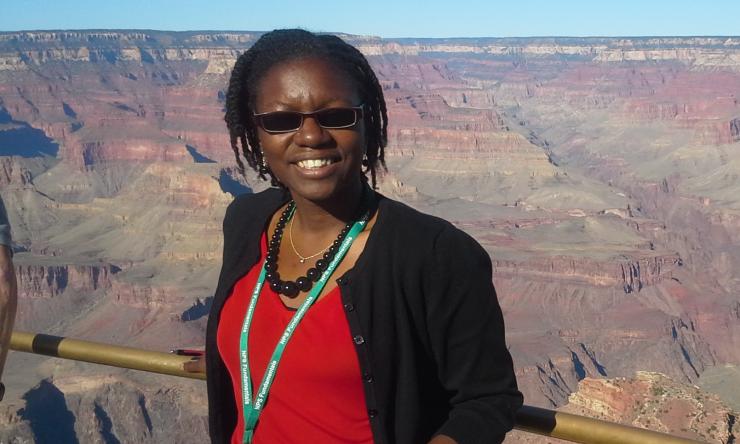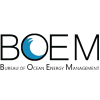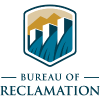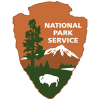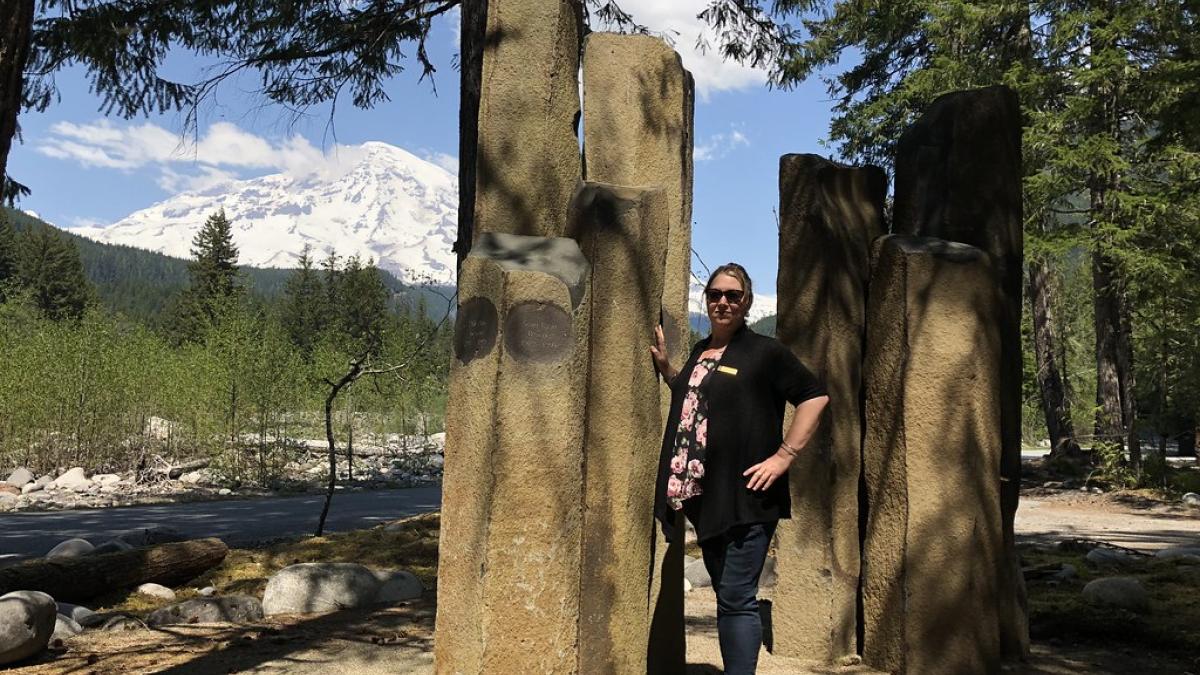
Landscape Architecture
Position Overview
Landscape Architects craft land area plans and designs that support the preservation, rehabilitation, and stewardship of outdoor spaces and land. By leveraging their skills and vision DOI is able to conserve historical, cultural, aesthetic, and natural resources and achieve safe, healthful, efficient, and aesthetically pleasing physical environments including parks, recreational areas, and public buildings for public use and enjoyment.
This position is represented at the following bureaus
Candidate Description
The ideal candidate applies knowledge of landscape architecture with creativity and the ability to work cooperatively with all types of people. This person can effectively analyze data and solve complex problems.
Work Environment
Work is performed in an office setting and also through site visits to field locations.
Minimum Education Requirements
Please see the Individual Occupation Requirements and the Professional and Scientific Positions Group Qualification Standard on the OPM websites.
Career Level Requirements
Responsibilities by Level
Mid:
- Developing work plans and schedules, scope of work, cost estimates and proposals to justify funding for landscape rehabilitation projects
- Applying standards, guidelines, statutes and criteria for historic property preservation to analyze proposed cultural landscape preservation projects
- Investigating project sites in remote locations
- Conducting landscape feature and plant inventories and condition assessments
- Conducting visual resource inventories to develop knowledge and data on the existing conditions of the visual landscape.
Journey:
- Preparing solicitation packages (requirements, drawings) with design guidelines and criteria for major landscape projects
- Locating and evaluating proposed sites for projects
- Analyzing proposed regulations, legislation or policies with cultural resource or environmental impacts
- Leading multidisciplinary National Historic Preservation Act consultations analyzing potential effects of proposed activities on historic properties
- Developing recommendations for preservation and maintenance of cultural landscapes
- Conducting cultural landscape research projects to develop knowledge and data on cultural traditions and land use patterns, historic plant materials, and period design concepts
- Leading multi-disciplinary teams to use visual resource inventory data to develop management and collaboration strategies to protect the settings and scenic values for recreation activities and visitor enjoyment.
- Serves as Project Manager involved in the preparation and review of architectural and engineering (A/E) contracts for design and construction documents.
- Acting as a government Contracting Officer’s Representative (COR) on construction contracts.
- Leading or participating in planning and design charettes, public workshops, briefings and presentations, and value analysis workshops.
Senior:
- Serving as a technical authority on landscape architecture and associated building, construction, and design activities and programs for a region or major program area
- Developing and publishing construction and design standards, interpretations, and authoritative papers
- Planning, proposing, overseeing, and executing projects or studies advancing the state-of-the-art in design and development, construction, and landscape architecture
- Representing the region or program on inter-agency task forces, symposiums, councils and conferences
- Exploring and resolving controversial and conflicting engineering, scientific, and socio-economic issues involving landscape architecture, building and construction activities, design standards and criteria, and related agency requirements
Strengths by Level
-
AccountabilityHolds self and others accountable for measurable high-quality, timely, and cost-effective results. Determines objectives, sets priorities, and delegates work. Accepts responsibility for mistakes. Complies with established control systems and rules.Show Tool TipMid 9-11Journey 12-13Senior 14-15
-
Attention to DetailIs thorough when performing work and conscientious about attending to detail.Show Tool TipMid 9-11Journey 12-13Senior 14-15
-
ComplianceKnowledge of procedures for assessing, evaluating, and monitoring programs or projects for compliance with Federal laws, regulations, and guidance.Show Tool TipMid 9-11Journey 12-13Senior 14-15
-
Customer ServiceWorks with clients and customers (that is, any individuals who use or receive the services or products that your work unit produces, including the general public, individuals who work in the agency, other agencies, or organizations outside the Government) to assess their needs, provide information or assistance, resolve their problems, or satisfy their expectations; knows about available products and services; is committed to providing quality products and services.Show Tool TipMid 9-11Journey 12-13Senior 14-15
-
Decision MakingMakes sound, well-informed, and objective decisions; perceives the impact and implications of decisions; commits to action, even in uncertain situations, to accomplish organizational goals; causes change.Show Tool TipMid 9-11Journey 12-13Senior 14-15
-
External AwarenessIdentifies and understands economic, political, and social trends that affect the organization.Show Tool TipMid 9-11Journey 12-13Senior 14-15
-
FlexibilityIs open to change and new information; adapts behavior or work methods in response to new information, changing conditions, or unexpected obstacles; effectively deals with ambiguity.Show Tool TipMid 9-11Journey 12-13Senior 14-15
-
Influencing/NegotiatingPersuades others to accept recommendations, cooperate, or change their behavior; works with others towards an agreement; negotiates to find mutually acceptable solutions.Show Tool TipMid 9-11Journey 12-13Senior 14-15
-
Interpersonal SkillsTreats others with courtesy, sensitivity, and respect. Considers and responds appropriately to the needs and feelings of different people in different situations.Show Tool TipMid 9-11Journey 12-13Senior 14-15
-
Oral CommunicationExpresses information (for example, ideas or facts) to individuals or groups effectively, taking into account the audience and nature of the information (for example, technical, sensitive, controversial); makes clear and convincing oral presentations; listens to others, attends to nonverbal cues, and responds appropriately.Show Tool TipMid 9-11Journey 12-13Senior 14-15
-
PartneringDevelops networks and builds alliances; collaborates across boundaries to build strategic relationships and achieve common goals.Show Tool TipMid 9-11Journey 12-13Senior 14-15
-
Planning and EvaluatingOrganizes work, sets priorities, and determines resource requirements; determines short- or long-term goals and strategies to achieve them; coordinates with other organizations or parts of the organization to accomplish goals; monitors progress and evaluates outcomes.Show Tool TipMid 9-11Journey 12-13Senior 14-15
-
Problem SolvingIdentifies problems; determines accuracy and relevance of information; uses sound judgment to generate and evaluate alternatives, and to make recommendations.Show Tool TipMid 9-11Journey 12-13Senior 14-15
-
Project ManagementKnowledge of the principles, methods, or tools for developing, scheduling, coordinating, and managing projects and resources, including monitoring and inspecting costs, work, and contractor performance.Show Tool TipMid 9-11Journey 12-13Senior 14-15
-
ReasoningIdentifies rules, principles, or relationships that explain facts, data, or other information; analyzes information and makes correct inferences or draws accurate conclusions.Show Tool TipMid 9-11Journey 12-13Senior 14-15
-
TeamworkEncourages and facilitates cooperation, pride, trust, and group identity; fosters commitment and team spirit; works with others to achieve goals.Show Tool TipMid 9-11Journey 12-13Senior 14-15
-
Technical CompetenceUses knowledge that is acquired through formal training or extensive on-the-job experience to perform one's job; works with, understands, and evaluates technical information related to the job; advises others on technical issues.Show Tool TipMid 9-11Journey 12-13Senior 14-15
-
WritingRecognizes or uses correct English grammar, punctuation, and spelling; communicates information (for example, facts, ideas, or messages) in a succinct and organized manner; produces written information, which may include technical material, that is appropriate for the intended audience.Show Tool TipMid 9-11Journey 12-13Senior 14-15
Common Pathways
Candidates who made this career change most commonly held these occupations...
Outdoor Recreation Planning
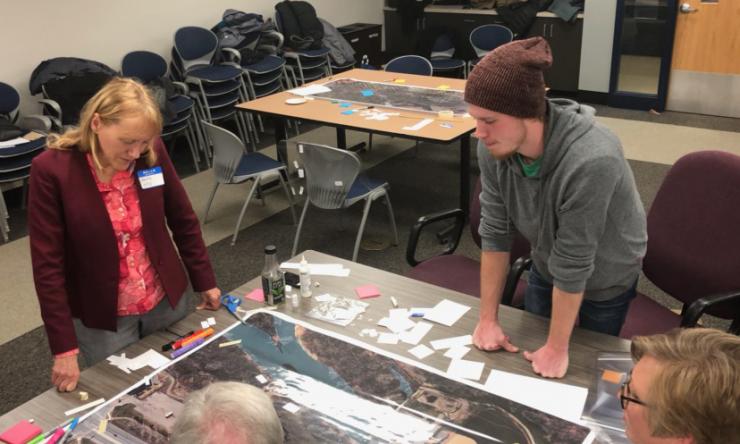
Equipment,facilities And Services Asst
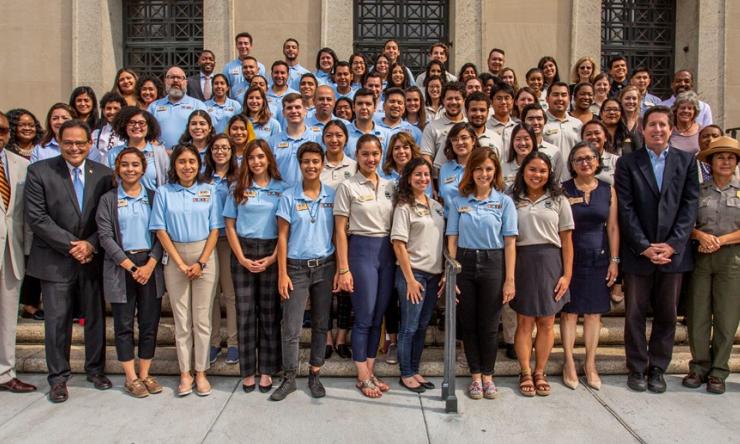
History
